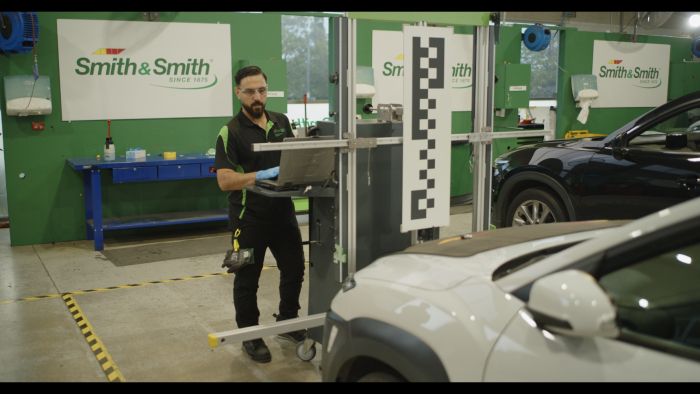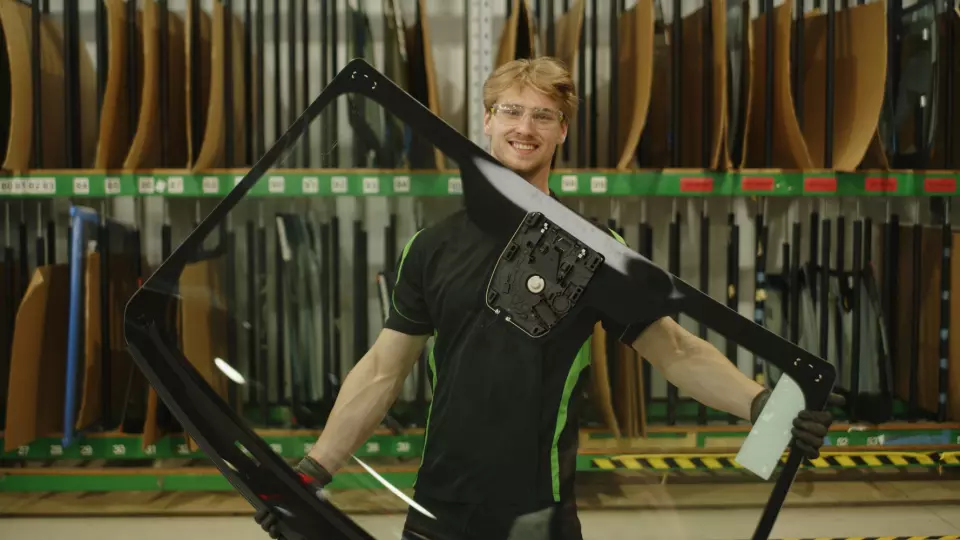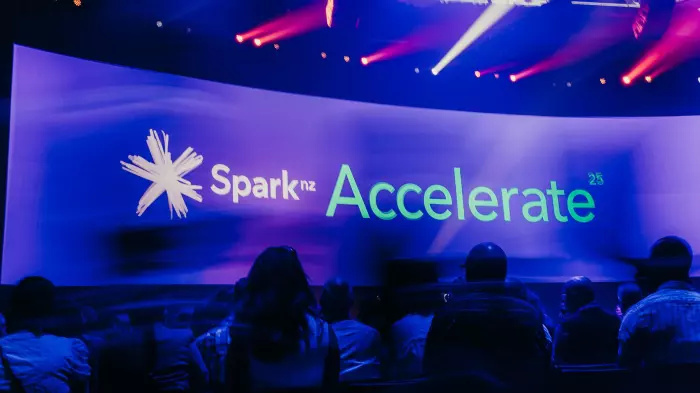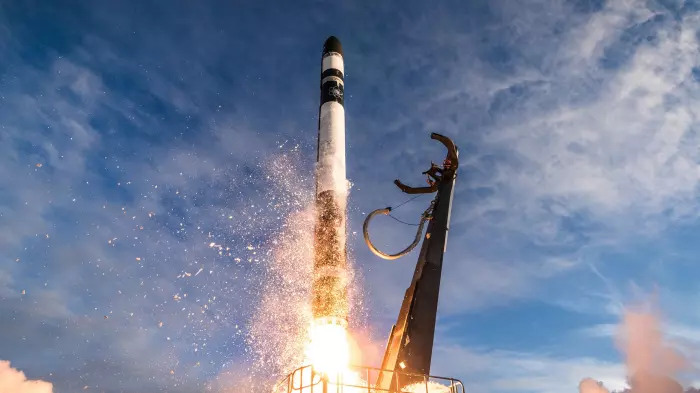Vehicle glass repairer’s work enhances road safety.
For many Kiwi businesses, every hour a vehicle is off the road means money lost, which is why staying safe on the road is central to Smith&Smith’s business offering for New Zealand’s small-to-medium enterprises.
The company’s Managing Director Michelle van Gaalen says safety technology like Advanced Driver Assistance Systems (ADAS), some of which is integrated into windscreens, is playing a bigger role in vehicles.
She says if these systems – such as forward-facing cameras – are not recalibrated correctly following a windscreen replacement, it could increase the risk of collisions on the road.
In many vehicles, these cameras are mounted around the windscreen, meaning they need recalibration whenever the windscreen is replaced.
“If after the replacement the camera is not aligned in the right direction, for example, it won’t accurately pick up cars ahead,” she says. “A lot of customers are not aware of this and as a result don’t ask if recalibration has been carried out correctly.”

Van Gaalen says Smith&Smith’s Business Account offering for small and medium businesses typically running 10 to 50 vehicle-fleets, includes an advanced repair, replacement and recalibration service delivered by highly trained technicians who are experts in vehicle safety system camera recalibrations.
She says the 150-year-old company, with technicians operating from 64 locations nationwide, has offered its vehicle glass repair service since 1978 – one part of its long-standing commitment to supporting everyday New Zealanders and businesses alike.
“With a Smith&Smith Business Account customers will get unmatched convenience for vehicle glass repair, replacement and recalibration services. It means they can get the job done, be back on the road, and simply pay later,” she says.
“This offering is about helping New Zealand’s small-to-medium fleet operators save time and money through fast, reliable, and digitally streamlined vehicle glass repair services.
“Businesses don’t stand still and keeping their vehicles and fleets moving safely while minimising downtime is important so they can focus on what they do best.”
Van Gaalen says it’s as much about safety as it is about convenience. With increasingly complex vehicle technology, correct repairs are critical to the operation of the ADAS technology.
Since 2016, Smith&Smith has seen significant growth in the number of vehicles with ADAS features. So far in 2025, just under 70% of vehicles the company has worked on have this technology compared to 20% in 2016.
These systems utilise various technologies such as cameras, sensors and radars to provide real-time information and automated responses. They include features like lane departure warnings, adaptive cruise control and automatic emergency braking – all aimed at improving driver comfort and safety.
Van Gaalen says that in some cars, the forward-facing camera works with the safety system to warn if you’re drifting across lanes, automatically slow down if you’re getting too close to another vehicle and even emergency brake if something or someone is suddenly in your path.
“Specialised tools and training are required to be able to recalibrate safety systems, so it’s critical that you only trust an expert. If the camera is a few millimetres out, it may not function as the manufacturer intended, which could increase the risk of collision,” she says.
“At Smith&Smith we have invested heavily into the tools and training required to be able to recalibrate safety system cameras because we believe in helping to keep Kiwis safe on the road.”
She says the workmanship on all Smith&Smith vehicle glass installations is guaranteed nationwide for the lifetime of the vehicle.
“Businesses with an account will typically contact us with the vehicle details, then we get in touch with the driver to arrange the repair,” van Gaalen says. “All this is designed to optimise a vehicle’s time on the road.”
Smith&Smith works closely with most major insurance providers but will also work with customers who have no insurance cover.
While Smith&Smith now recycles 99.2% of windscreens replaced, van Gaalen says the repair of a windscreen is better for the environment with an estimated 80% less emissions than when fitting a replacement windscreen.
For this reason, she says it is best to quickly repair a stone chip in a windscreen.
“We advise people not to wait too long to have a chip repaired because the sooner it is fixed, the smaller the chance that the chip will crack.
“Backed by health and safety standards, and ESG (Environmental, Social and Governance) commitments, Smith&Smith is helping businesses navigate the complexities of modern vehicle glass services by providing practical, scalable solutions that improve operational efficiency.”
To learn more about how Smith&Smith keeps Kiwi businesses moving safely and efficiently, visit www.smithandsmith.co.nz/business-customers






